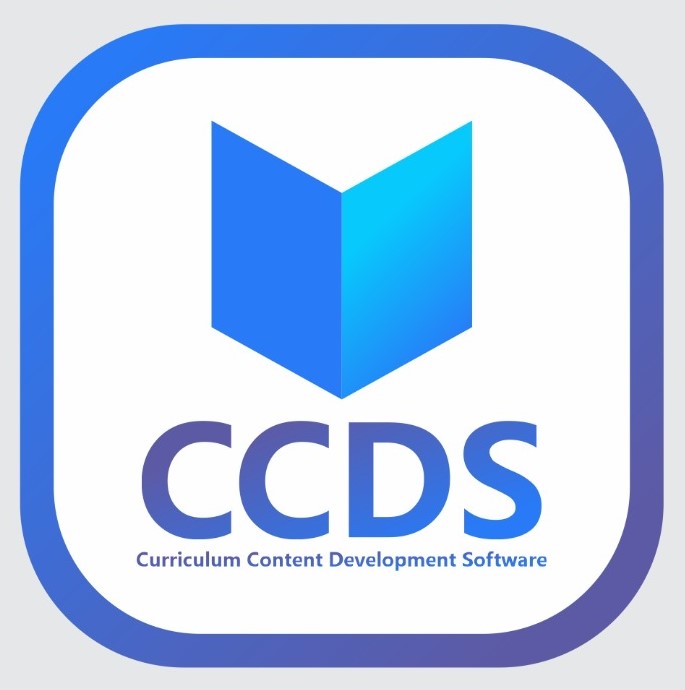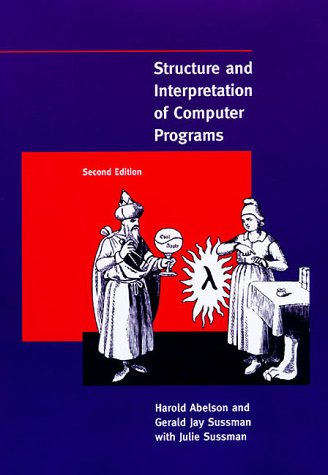-
Categories
-
Computer Science
- All Computer Science
- Software Development
- Algorithms
- Information Systems
- Databases
- Data Structures
- Comparative programming languages
- Artificial intelligence
- Computer systems
- Networking
- Operating systems
- Cryptography I
- Machine learning
- Functional programming Principles in Scala
- Generative AI in higher education
- Education Forum
- Engineering
-
Computer Science
-
2
-

-

-
Total: $12.99 $129.99
- Got to cart
-











